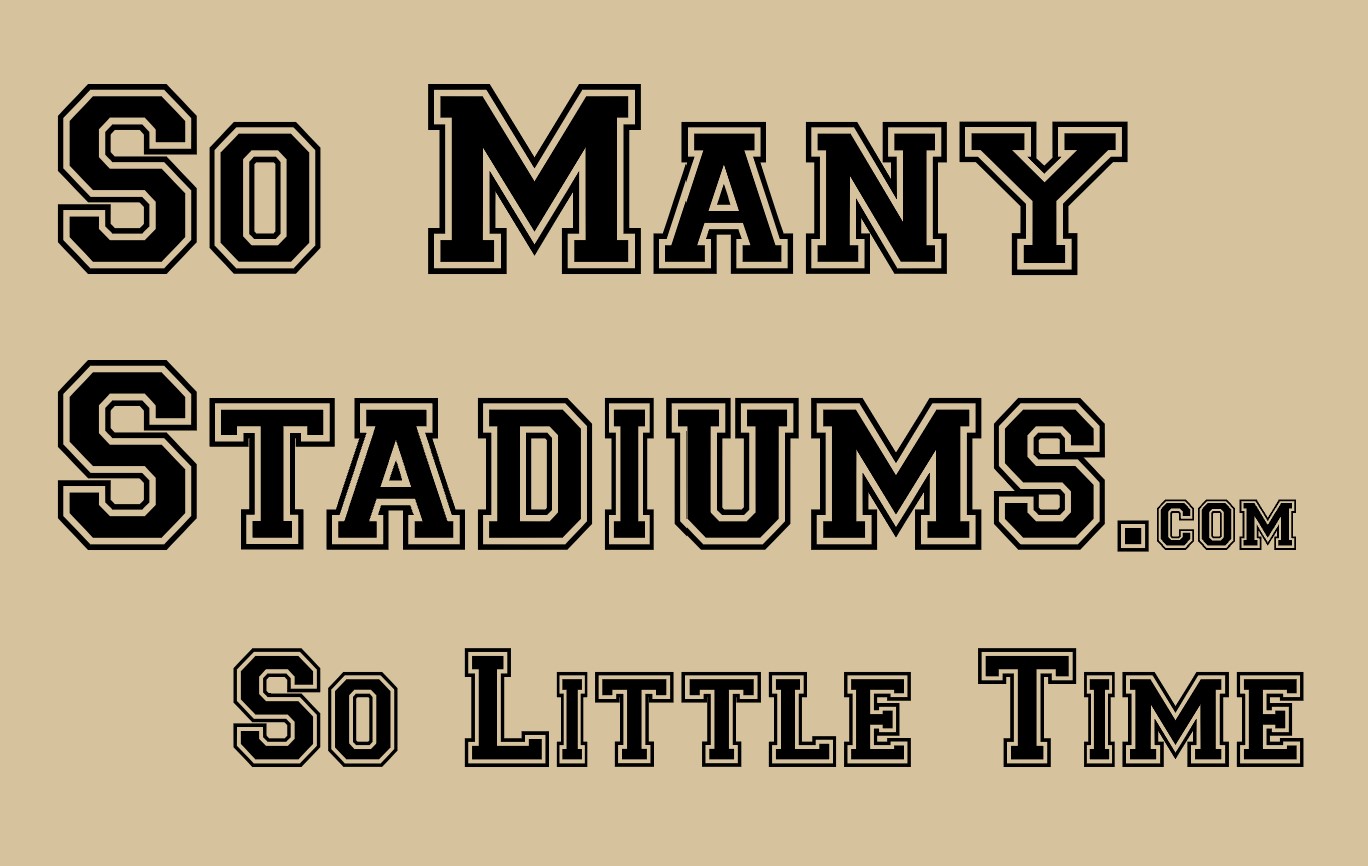 Unless you are living under a rock, and that excludes the “The Rock” at Appalachian State, or the “The Rock” at Southern Miss, or my personal favorite, Slippery Rock University, you know there have been some big changes to college football in the recent months. We have the advent of NILs, the defection of USC and UCLA to the Big 10, Texas and Oklahoma to the SEC, and portal jumping players. From the creation of mega conferences to the demise of the college athlete, there have been many predictions about the future of college football. Rather than rely on ESPN and sports radio talking heads, I decided to talk to someone who’s heavily invested in the future of college football, St. Thomas University President, David Armstrong.
Unless you are living under a rock, and that excludes the “The Rock” at Appalachian State, or the “The Rock” at Southern Miss, or my personal favorite, Slippery Rock University, you know there have been some big changes to college football in the recent months. We have the advent of NILs, the defection of USC and UCLA to the Big 10, Texas and Oklahoma to the SEC, and portal jumping players. From the creation of mega conferences to the demise of the college athlete, there have been many predictions about the future of college football. Rather than rely on ESPN and sports radio talking heads, I decided to talk to someone who’s heavily invested in the future of college football, St. Thomas University President, David Armstrong.
Though Dave graduated one year before I entered my freshman year at our alma mater, Mercyhurst University, our paths cross from time to time and we certainly have some overlap in friends. Dave has had a remarkable career in academia, and football has always been part of that path in one way or other. He saw how even at a Division III school like the Hurst, football can be a boon to an academic institution. Accordingly, he makes sure the schools he runs have successful football programs. While the benefits are obviously different at a small school playing in the NAIA versus a FBS program, there is value to be found. For him, it is about enrollment rather than billion-dollar tv packages. And while the game day experience for fans of the St Thomas Bobcats might be different, much of the experience really does remain the same – tailgating, seeing old friends and cheering on the team. He also noted that there are parts of the country where football is so engrained in the culture that if the school doesn’t have a team, it doesn’t exist. Having toured much of the U.S. watching football, I agree with that sentiment. A MAC game between Bowling Green and Toledo is as intense a fan experience as any of the D1 games I saw in the San Francisco Bay Area. And to be honest, it is probably more intense.
I asked Dave if the creation of mega conferences give him pause and he said it does. He noted that if the big D1 schools leave the NCAA, it may not be able to survive. When the NCAA goes, so will small school sports, particularly ones like football. Like me, Dave also notes that the NCAA missed the boat on FBS national playoffs. If NAIA, DIII, DII and the FCS can have national championship tournaments, there is no reason for the FBS not to have an eight or twelve team playoff bracket. We also discussed another area where the NCAA could have been more proactive, that being NILs. As Dave noted, NILs are not inherently a bad thing. However, without proper controls, this part of college sports is rapidly becoming the wild, wild west. Had the NCAA been more progressive in this area, there could have been a program that works for all. When I asked Dave if small school athletes get any NIL money, he said absolutely. It is not in the traditional area of endorsements and advertisement, but rather social media influencing which does not discriminate by size. Insurance is another area where all football programs are challenged. At a school like St. Thomas without deep pockets, it takes creative partnerships across the community to ensure a safe playing environment. If there is a break in the insurance dam, the small school football programs will be swept away.
Of course, it is not all bad. St Thomas is in the football hotbed of southern Florida. You would be hard pressed to find a more fertile environment to support a football program. Only in their fourth year, the Bobcats barely missed the playoffs last year and are primed for another big year. On top of that, Dave participates on the Orange Bowl Committee, an organization, primarily-volunteer, who promote and serve the South Florida community. From tennis tournaments to social events to educational opportunity, the committee leverages the Orange Bowl name and reputation year-round to make southern Florida a great place to live. One more reminder that college football can be a force for good, not just for student athletes but the community at large. If college football devolves into a semi-pro NFL feeder league, its demise will be not just on college campuses but the towns and cities that surround them. Clearly, Dave sees it that way as he leads St. Thomas University forward – hopefully while accumulating a few championship trophies along the way.

